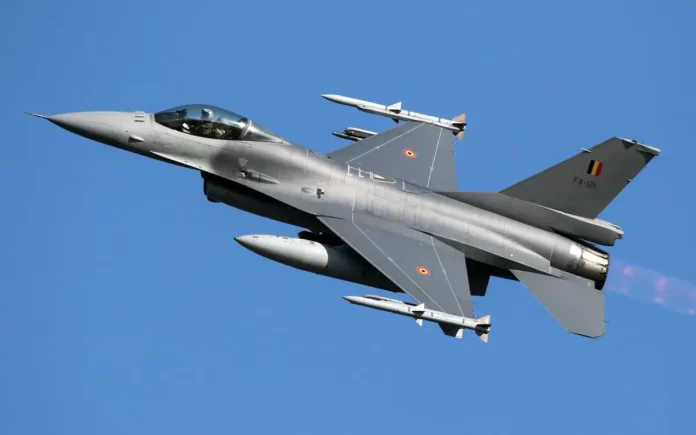Washington, D.C.: The United States has pointed fingers at Russia for what it perceives as an attempt to foster distrust among Ukraine and its allies. This accusation follows the release of an intercepted online call involving Germany’s air force chief and three subordinates discussing the ongoing conflict.
The 38-minute audio recording, unveiled by Margarita Simonyan, the head of Russian state broadcaster RT, features officers contemplating the potential delivery of Taurus missiles to Ukraine. Germany’s Defense Ministry confirmed the authenticity of the conversation, asserting that it was indeed wiretapped.
“This is a bold attempt, a transparent attempt by the Russians to try to sow discord and to try to show division and try to make it look like the West isn’t unified,” remarked White House national security spokesman John Kirby.
Kirby emphasized that Russia’s actions aim to portray disunity within the German government regarding support for Kyiv. “We’re all working together to try to support Ukraine and the Germans have been right there in it,” he added, commending Germany’s contributions.
Read More: Lavrov Applauds Jaishankar’s Diplomacy Amid Russia-India Oil Dynamics
In addition to the discussion on Taurus missiles, the recording also mentions the British involvement, suggesting the deployment of Storm Shadow cruise missiles to Ukraine.
A spokesperson for British Prime Minister Rishi Sunak emphasized that the leak is a matter for Germany to investigate, reaffirming Britain’s commitment to collaboration with Germany in supporting Ukraine.
Germany has responded assertively to the leak. Chancellor Scholz labeled it as “a very serious matter”, pledging a thorough and prompt investigation. German Defense Minister Boris Pistorius accused Russia of waging an “information war”, expressing concerns about destabilization attempts orchestrated by Russian President Vladimir Putin.
The German military is currently investigating the interception and recording of the conversation. Interior Minister Nancy Faeser stressed the necessity for heightened defense against Russian espionage, underscoring ongoing efforts to bolster protective measures.



